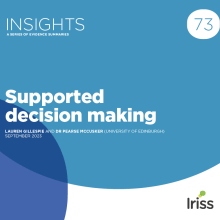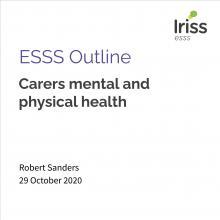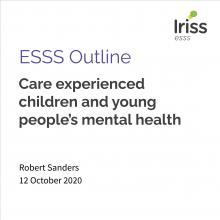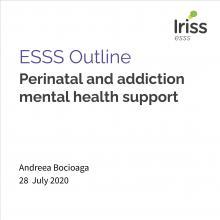Read the full evidence outline that provides an overview of the literature around accommodation based support for adults with mental health conditions (including references).
Around 10-20% of people diagnosed with severe mental health problems will develop longer term and complex needs that impact on their ability to live independently. These people often have major negative and ongoing positive symptoms in addition to other mental, social and physical health problems, and require supported housing facilities or residential care.
Despite the spread of these different housing services, the number of people supported by them, and the costs involved, there is limited research on their effectiveness, in terms of social functioning, quality of life, psychopathology and hospitalisation.
There have been many attempts to provide a definition or system for classifying it but there remains no clear definition of what constitutes supported accommodation. At a basic level the term is usually used to cover services that combine accommodation and support to vulnerable people to help them live more independently.
Three main types of mental health supported accommodation are often highlighted: residential care, supported housing, and floating outreach. Residential care and supported housing provide varying levels of on-site support, while floating outreach staff visit people in their own homes.
Despite the major investment in services it is widely accepted that there is a real lack of good quality research and evidence on supported housing.
Despite this, supported housing is not evidence-free and what evidence there is can inform the development of better services. Some models of community-based supported housing are associated with positive outcomes including improved quality of life; social integration and inclusion; reduced negative symptoms; increased participation in work and education; increased autonomy; improved self-esteem and happiness; reduced challenging behaviour; increased confidence; and relapse prevention.
Qualitative studies suggest that successful approaches to supported housing involve a person-centred, personalised approach which is flexible and respectful of choice and autonomy, and which employs a range of supports and develops high quality relationships between staff and tenants.
Suggested citation: Sanders, R (2022) ESSS Outline: Accommodation based support for adults with mental health conditions. Iriss. https://doi.org/10.31583/esss.20220923




